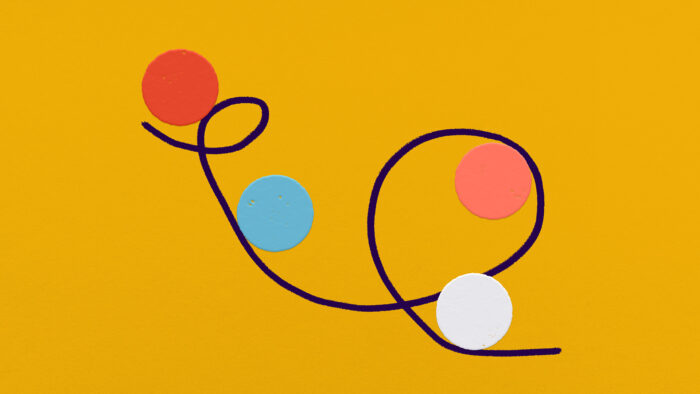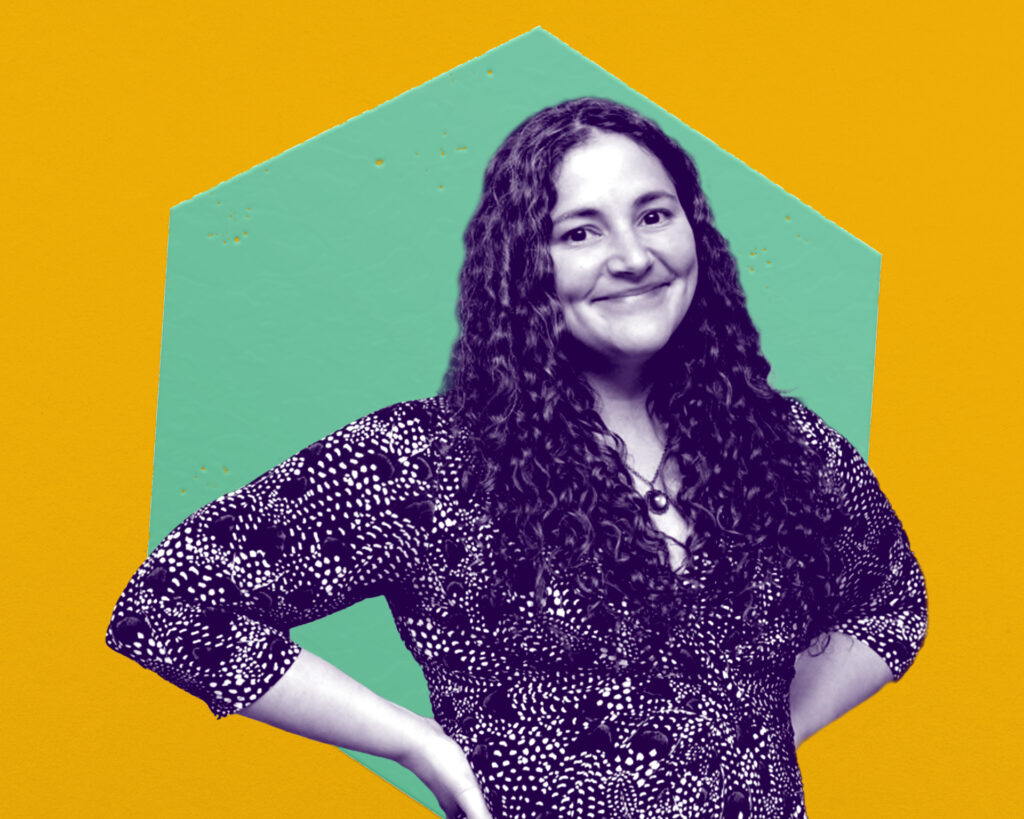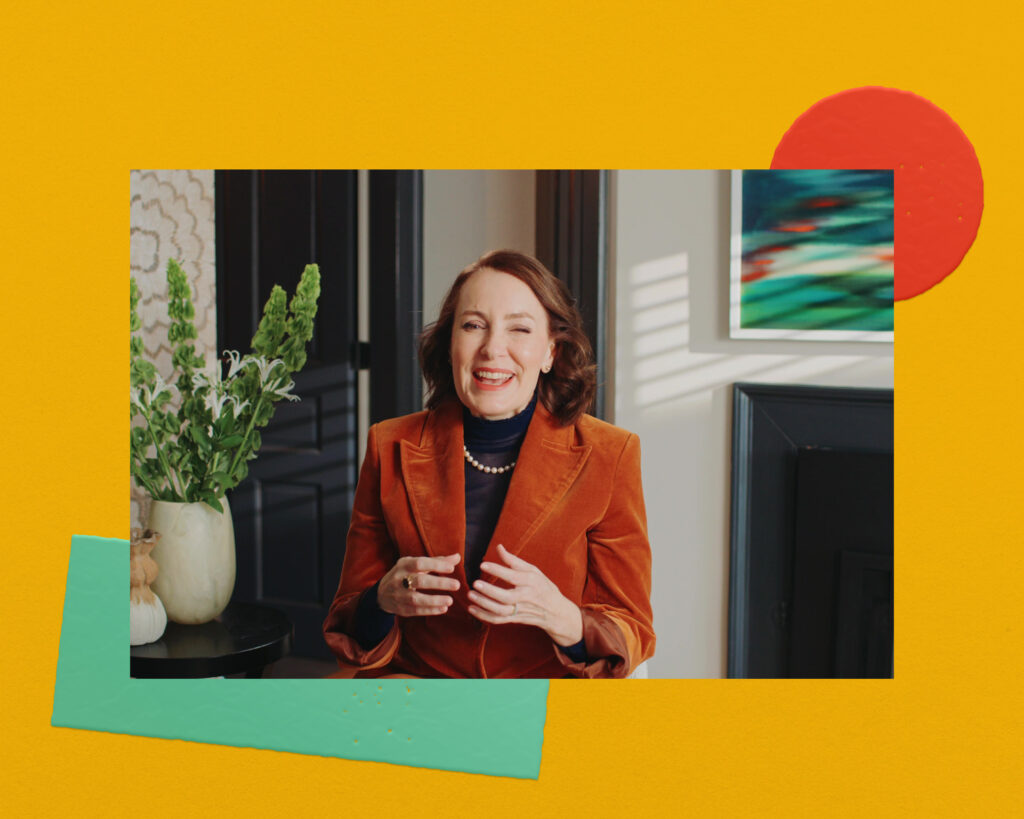Many of us are either “brooders” or “bottlers.” Brooders simmer in their discomfort, preventing tough feelings from dissipating by continuously returning to their wounds.
Bottlers, on the other hand, tend to push away unwanted emotions, hoping that by ignoring them, they’ll disappear. Neither of these tendencies serve our wellbeing, our goal success or our relationships (I discuss this more in depth in Emotional Agility).
One of the reasons people struggle with their emotions (by either brooding or bottling) is because our culture promotes the idea that some emotions (like sadness) are “bad” and some (like happiness) are “good.”

In a world that pressures us to be positive all the time, we may struggle to learn how to deal effectively with the normal, natural emotions that arise for us.
Have you found yourself bottling or brooding lately, feeling the pressure to be positive all the time?
According to my research, the pressure to be happy is doing us a disservice. Our emotions—and that includes even the darker ones—can reveal to us our personal values, and therefore allow us to make changes to our lives that reflect those values.
As an example, take the guilt that many parents experience (although these ideas can be applied to your emotions in any area of life). That guilt may be a signal that you value presence and connectedness with your children, and that you aren’t experiencing enough of it.
As I write in Emotional Agility,
“If, for example, being a good parent is something you value, understanding what that looks like for you, specifically, is far more important than trying to conform to some general notion of what a ‘good parent’ is supposed to be. There are all kinds of parents in the world, and there is no single right way to be one, even within your city or neighborhood or group of friends.
Some potential questions to ask yourself about parenting: ‘What do I want people to observe when they see me with my child? What would I observe if I watched myself? Is my behavior reasonably consistent from one setting to the next? Does my behavior align with my core beliefs about what a good parent is?'”
When we surface the value beneath the guilt—for example, how we truly want to parent, we can then make important changes to our day-to-day interactions.
Emotional agility can be developed in ourselves, but we can also help to cultivate it in our children. Offering our children the tools to deal with their developing emotions is invaluable to their success, and emotional skills are the bedrock of qualities such as resilience and grit.
This can be especially critical for teens as they work to navigate the rollercoaster of emotions associated with the hormonal, physical, and social changes that occur during the teenage years.
I believe that all of us are big enough to accommodate all of our emotions and to learn from them, and I encourage you to approach this season with compassion towards yourself, your loved ones, and your community.






 Take the Quiz
Take the Quiz